A Pigeon Nest: Creating Safe Spaces for Birds

Hey everyone, welcome back to Feathered Mates! Today I will talk to you about Pigeon Nests.
Pigeons are fascinating birds with unique nesting habits. Whether you are a pigeon enthusiast or simply looking to provide a safe space for these birds, understanding their nesting requirements is essential. In this comprehensive guide, we will explore everything you need to know about pigeon nests, how to make a small house for pigeons, and the best breeding and housing options available. Let’s dive in!
Today we will try to learn about pigeon nest or pigeon with nest, how to make pigeon small house, pigeon eggs, pigeon sitting, pigeon box, pigeon carrying boxes, breeding boxes for pigeons, pigeon baskets, pigeon house, pigeon cage, crown breeding cages for pigeons or breeding cage pigeon, pigeon breeding cages, breeder cage for pigeon, outdoor pigeon cage, indoor pigeon cage, pigeon trap cage, batting cages pigeon forge, etc.
Understanding Pigeon Nests
A pigeon nest is a simple structure that these birds use to lay and incubate their eggs. Typically, pigeons build their nests in quiet and secure locations. The materials they use are basic: twigs, leaves, and feathers. However, in an urban environment, they may utilize paper, string, or other debris.
Characteristics of a Good Pigeon Nest
- Safety: The nest must be safe from predators and harsh weather conditions.
- Comfort: A soft and stable surface is ideal for the pigeon and its eggs.
- Accessibility: While the nest should be secluded, it must also allow easy access for the pigeon.
How to Make a Pigeon Small House
Building a small house for pigeons is a rewarding task that ensures they have a secure place to rest and breed. Here’s how you can make one:
Materials Needed:
- Wooden planks
- Nails and a hammer
- Wire mesh
- Soft bedding material (e.g., hay or straw)
- Paint (optional, non-toxic)
Step-by-Step Instructions:
- Design the Structure: Create a blueprint for a small pigeon house with separate compartments for nesting and perching.
- Build the Frame: Use wooden planks to construct a sturdy frame.
- Add Compartments: Divide the house into individual spaces for each pigeon or pair.
- Install a Roof: A slanted roof helps protect against rain and harsh sunlight.
- Include Ventilation: Add wire mesh for airflow while keeping predators out.
- Prepare the Nesting Area: Place soft bedding material in each compartment for comfort.
Pigeon Nesting Behavior
Understanding the nesting behavior of pigeons can help you provide better care. Here are some interesting facts:
- Mating Pairs: Pigeons are monogamous and share responsibilities for nesting and raising their young.
- Egg Laying: A female pigeon typically lays 1-2 eggs per clutch.
- Pigeon Sitting: Both parents take turns incubating the eggs for about 18 days until they hatch.
- Nurturing the Young: Pigeon chicks, known as squabs, are fed “crop milk” by both parents.
Choosing the Right Breeding Box for Pigeons
Breeding boxes provide a controlled environment for pigeons to nest and lay eggs. Here’s what you need to know:
Types of Breeding Boxes:
- Wooden Breeding Boxes: Durable and easy to clean.
- Plastic Breeding Boxes: Lightweight and affordable.
- Crown Breeding Cages for Pigeons: Ideal for professional breeders who need organized spaces.
Key Features to Look For:
- Proper ventilation
- Easy access for cleaning
- Adequate space for the pigeons.
Specialized Housing: Pigeon Baskets and Carrying Boxes
Pigeon baskets and carrying boxes are essential for transporting birds safely.
Uses of Pigeon Baskets:
- Transporting pigeons for breeding or racing events.
- Providing temporary housing during travel.
Features of a Good Pigeon Basket:
- Lightweight yet sturdy material.
- Proper ventilation to keep the birds comfortable.
Pigeon Carrying Boxes:
- Typically made of wood or plastic.
- Includes compartments for individual pigeons.
- Often used by breeders and enthusiasts.
Pigeon Nest Maintenance Tips
Maintaining a pigeon nest ensures the health and safety of the birds. Here are some tips:
- Regular Cleaning: Remove debris and replace bedding material weekly.
- Check for Parasites: Inspect the nest for mites and other pests.
- Monitor Egg and Chick Health: Ensure that eggs are incubating properly and chicks are growing.
- Provide Fresh Water and Food: Keep a constant supply of clean water and pigeon feed.
Creating a safe and comfortable pigeon nest or housing solution is a fulfilling way to care for these wonderful birds. Whether you’re crafting a small pigeon house, choosing the best breeding cages, or maintaining existing nests, your efforts contribute to the well-being of your feathered friends. With proper care and attention, pigeons can thrive in any environment.
Click here to know What Do Pigeons Eat
It can be said that birds are very peaceful creatures and they always fascinate us with their behavior. So, As a responsible bird owner, acquiring the necessary knowledge about birds is of course very important. Every bird owner should understand and review accurate information about birds and guide birds properly. Hope we have helped you enough to know about pigeon nests. Stay with us to learn about the right bird selection, bird care, birds nests and all things related to birds. May the relationship between you and your pet become stronger. By implementing the tips and insights shared in this guide, you’ll be well on your way to becoming an expert in pigeon care. Let your passion for pigeons take flight!
Frequently Asked Questions
Can pigeons reuse their nests?
Yes, pigeons often reuse their nests, but it’s important to clean the area to prevent disease.
2. What is the best material for a pigeon nest?
Natural materials like twigs, straw, and hay are ideal for pigeon nests.
Can I use a pigeon trap cage for nesting purposes?
No, pigeon trap cages are designed for capture, not for nesting.
How big should a pigeon breeding cage be?
A standard breeding cage for pigeons should be at least 24 inches wide, 18 inches deep, and 18 inches high.
What are batting cages pigeon forge?
Although the term includes “pigeon,” batting cages pigeon forge refers to recreational batting facilities, unrelated to bird care.

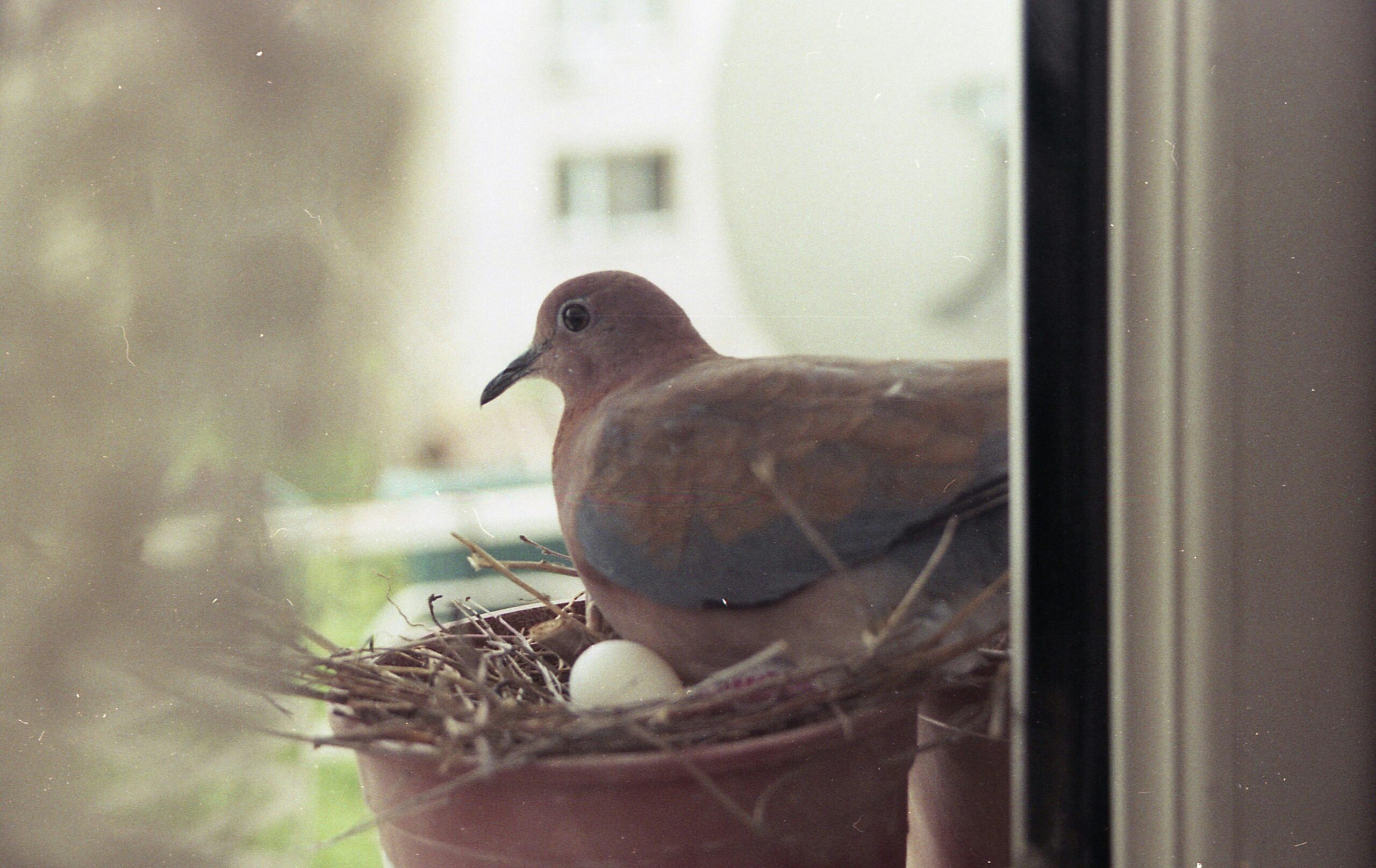
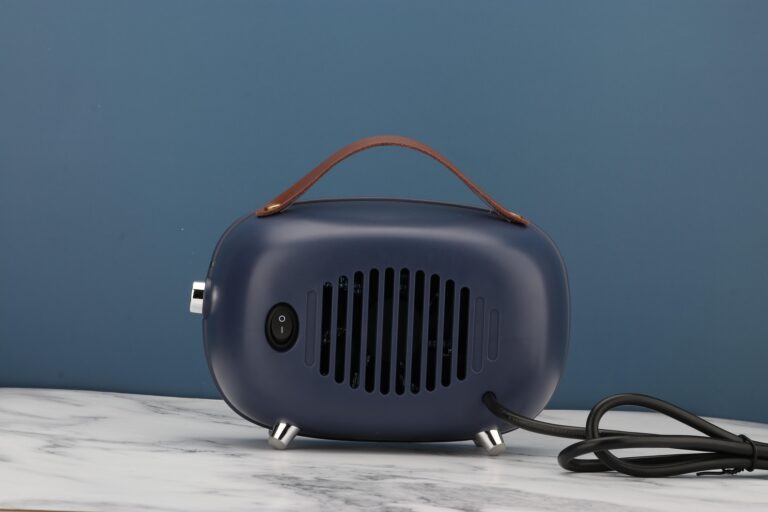
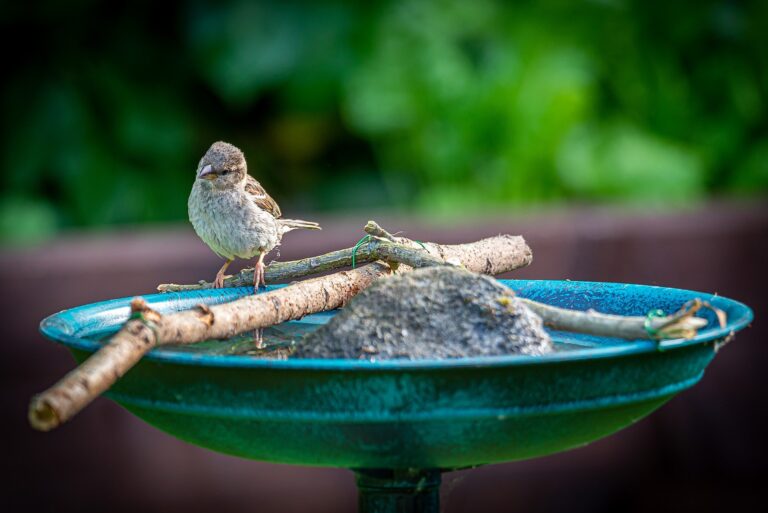
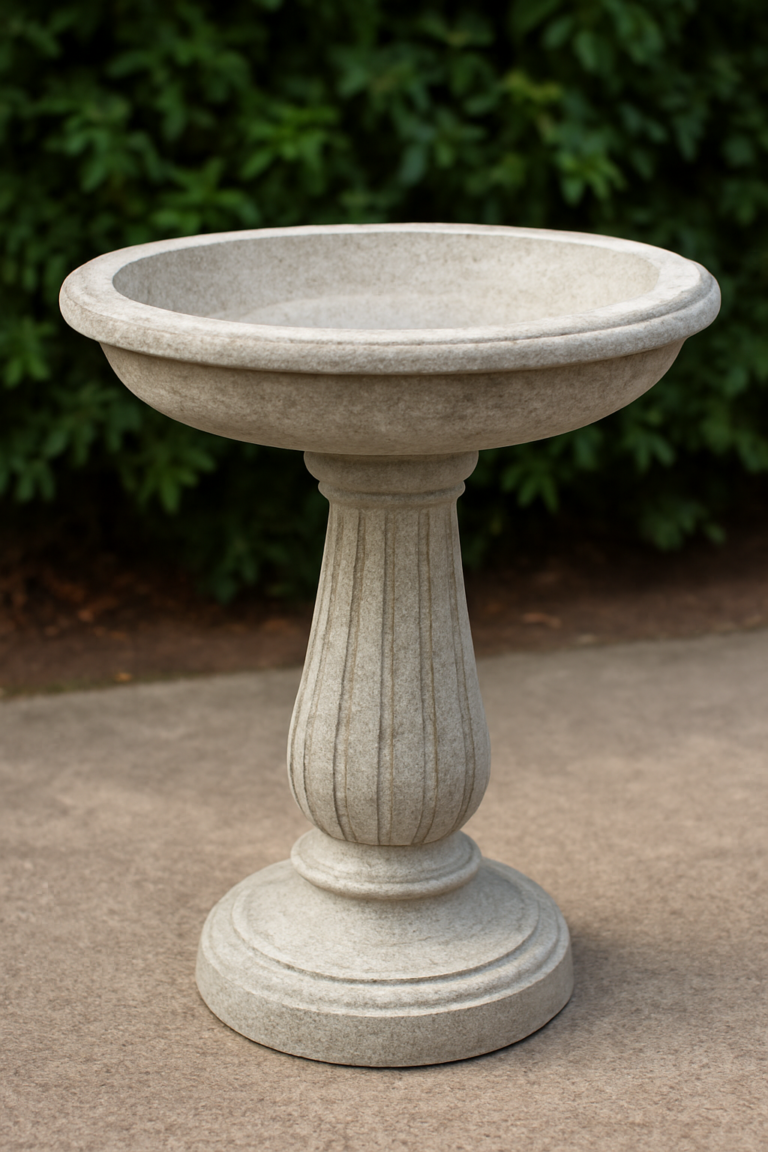

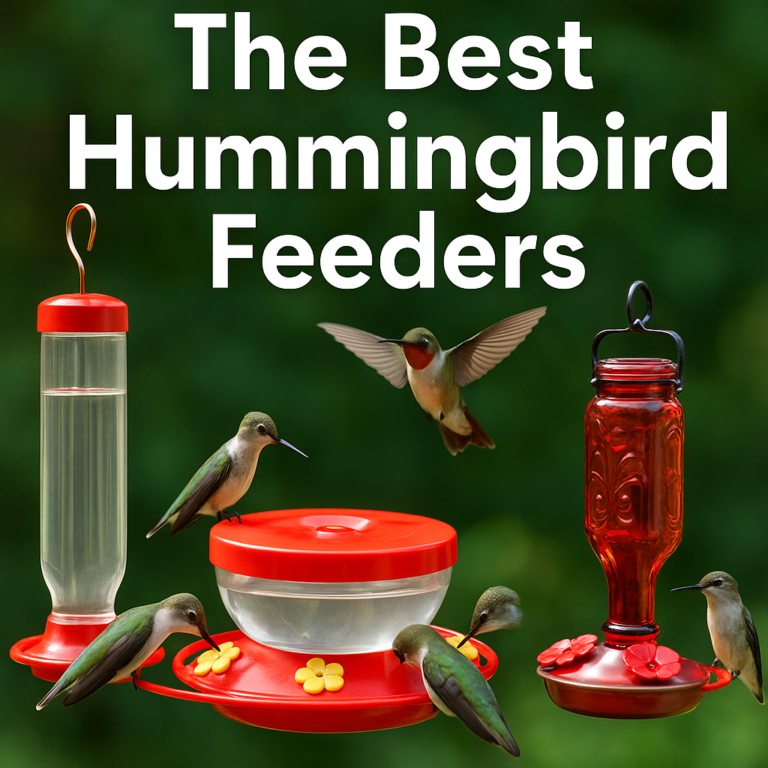

One Comment